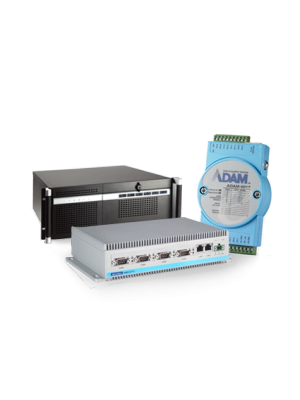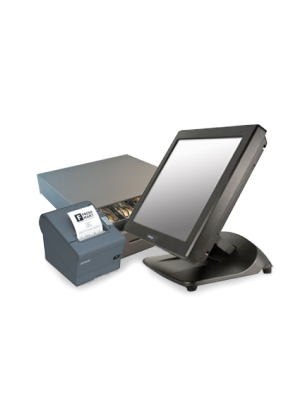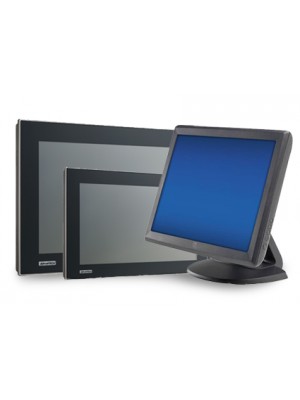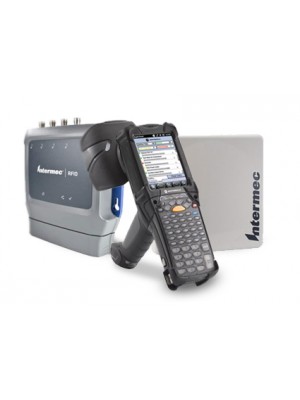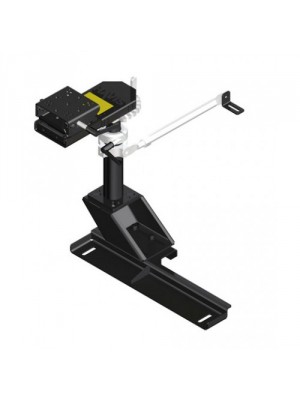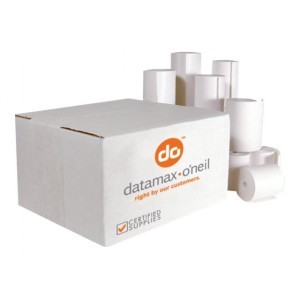I like the white-paper form of business-to-business reporting, and Advantech has served up a perfect example of why with, Industrial Bus and Network Standards. Not only does it add interesting historical context to the communications formats that are by now so familiar to us all, but it reminds us just how critical such standards are to the day-to-day operation of modern enterprises.
It may seem counter intuitive, but industry agreement on a standard has the effect of freeing the market to explore the full range of options required to optimize that standard, a perfect example of which is Universal System Bus. Understanding the dynamics which drive standardization can help us to discover new applications for those standards.
Standards facilitate improved economies of scale, allowing implementation at a reduced cost. Imagine a world in which every nut-bolt combination was a custom configuration – each pair would have to be hand formed and matched rather than spun out in the millions through automation. Simple fasteners would be quite expensive. It now seems ridiculous to even describe such a state of affairs, but there was a time before SAE and Metric fastener standards when that was the case.
Standards facilitate specialization, creating industries devoted to exploiting the potential of those standards. Such specialization results in reliable sources of services and components of consistent, predictable quality characteristics, allowing planners to design systems that utilize those components for critical functions.
Standards facilitate strategic alliances, allowing enterprises to coordinate activities to their mutual advantage. Standards represent a shared knowledge base, creating a common language that eases communication. When I say “USB 2.0,” you know exactly what I mean. The efficiency of industry-wide research-and-development efforts is greatly improved as participants share the results of R&D involving those standards. If I report the results of testing a USB 2.0 connection in a specific application, you know exactly what I’m describing and needn’t duplicate those tests in order to benefit from them.
Advantech’s white paper details the following critical standards:
- Serial Communication Via RS-232, RS-422 and RS-485,
- GPIB (IEEE-488),
- Modbus (Modicon Bus),
- Ethernet, and
- PCI
I plan to explore each of these categories further in future posts, but, for now, encourage you to enjoy Advantech’s Industrial Bus and Network Standards for yourself.





